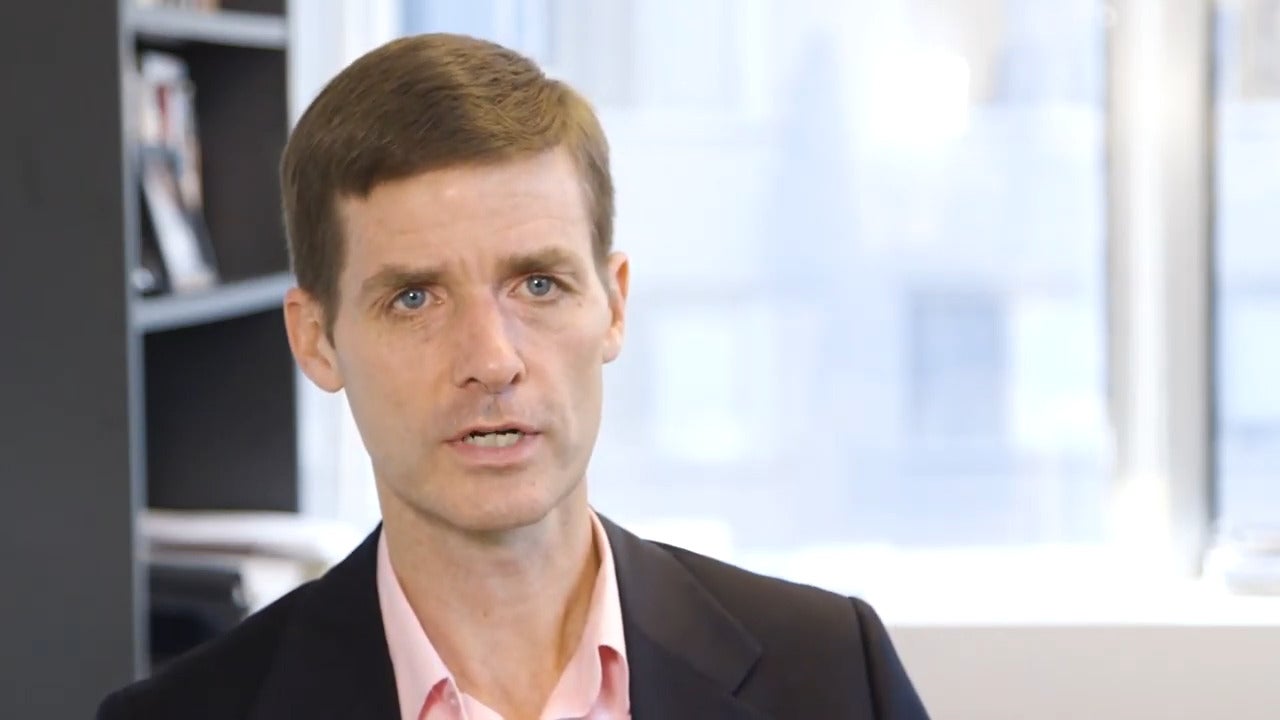Over the last 24 months, Aspen EPIC conducted a deep dive on income volatility – exploring its impact on households and developing a cross-sector solutions framework for mitigating the problem. Through this process, it became clear that many of the solutions to income volatility could be tackled at the local level. From this realization, grew Finance Forward. In partnership with LendUp and a combination of other fintech companies and nonprofit organizations – including Stride Health, the Pew Charitable Trusts, and the Urban Institute – EPIC traveled from coast to coast, working directly with city officials in Columbia, SC, Lansing, MI, St. Louis, MO, and Oakland, CA to convene local leaders and inspire them to action.
In engaging cross-sector groups in each city, Finance Forward drew real commitments from employers, financial institutions, community-based organizations, government agencies, and elected officials, providing a foundation for change that will better the financial lives of households struggling under impossibly difficult conditions. The series wrapped up with an event in Oakland, CA hosted by Mayor Libby Schaff. The closing event provided an opportunity to both reflect on the work that has moved forward in other cities, and use these experiences to fuel a conversation focused on solutions unique to Oakland.
The program pulled on a breadth of expertise (see full agenda here) and raised important, difficult questions about the extent to which household financial insecurity manifests across the country.
During a panel on the role of local government, Mayor Libby Schaaf of Oakland, CA, Mayor Steve Benjamin of Columbia, SC, and Treasurer Tishaura O. Jones of St. Louis, MO discussed the commitments their cities are pursuing to help solve for income volatility.
Mayor Steve Benjamin has committed to improving workforce development and financial access for city employees. As he explained, Columbia, SC is a government town. If the city can serve as a model for progressive change, creating real economic opportunity and stability for its employees, then maybe other cities and government employers can be inspired to do the same.
In St. Louis, the treasurer serves as the city’s parking regulator. Current Treasurer Tishaura O. Jones recognizes the power of this role and its potential for affecting positive change across St. Louis. She has committed to implementing a payment plan program for individuals with outstanding parking tickets, individuals who, under current rules, could likely have their vehicles booted or towed. This program will not only help individuals pay their fees over time, but will provide financial education, which if completed, could even lower the amount individuals owe back to the city.
In St. Louis, Columbia, and Oakland, significant economic disparities – in homelessness, homeownership, savings rates – exist across racial demographic groups. Racism was a recurring theme of the conversation, and Mayor Libby Schaaf of Oakland insisted that everyone in attendance do more to acknowledge and talk about the role racism has played, and continues to play, in perpetuating economic inequality.
Powerful comment: You cant ignore the fact that Racism contributes to income volatility, we have to talk about that. — Thank you Mayor .@LibbySchaaf for saying what is not said enough! #FinanceForward
— Jotaka Eaddy (@JotakaEaddy) January 11, 2018
Policy is only part of the solutions equation though. Unstable employment and unpredictable scheduling are significant drivers of income volatility and employers play a huge role in determining the financial wellbeing of their employees. During an employer panel, Kim Winston, Director of State Government Affairs at Starbucks, reminded the room that big corporations do not have to sacrifice quality jobs for profit.
Starbucks provides their entire workforce, baristas included, with stock options. All employees also get a Fidelity account, receive their schedules three weeks in advance, maintain flexibility with their schedules in case they need to take time off, are provided support if interested in going back to school, and have access to grants to help pay rent and other needs.
And, Oakland-based Revolutions Foods emphasized the importance of supporting professional development. For example, for some employees, graduating from an ESL program is the first graduation they have experienced and can be a game changer in career advancement.
Later in the program, Alternatives in Action, an Oakland-based nonprofit that provides job and financial training to youth, demonstrated the importance of including youth voices in conversations about financial access, economic opportunity, and economic inequality. Youth leader Yaqui Zaragoza shared how while she felt empowered earning her first paycheck, she didn’t know what to do with the check. Alternatives in Action helped her to open a bank account so she wouldn’t have to turn to a high cost check casher to get her hard-earned money.
The day wrapped up with a stacked panel of financial service firms dedicated to creating innovative technology solutions for improving the financial lives of low- and moderate-income consumers. While the panel represented a diverse set of products – from savings to debt management vehicles, the common thread across all companies was their dedication to the customer:
“What we’re trying to achieve is a cultural shift that will prioritize shared values…we need a cultural shift that truly recognizes where and how value is created.” – @BeneficialState Co-Founder & Co-CEO Kat Taylor #BankingOnValues #FinanceForward
— Beneficial State Fdn (@BeneficialStFdn) January 12, 2018
“The financial products that are most profitable are historically the worst for consumers. We’re changing that model, and creating products that are a win-win,” says @sashaorloff #FinanceForward pic.twitter.com/Ttduh8fXSJ
— LendUp (@LendUpCredit) January 12, 2018
@twoleighp from @EARN “Asking customers to succeed in system not designed for their success. Need systemic change.” #FinanceForward
— Signe-Mary McKernan (@SMMcKernan) January 12, 2018
@LendStreet “Put the customer first. Always make their needs your North Star.” #FinanceForward
— Signe-Mary McKernan (@SMMcKernan) January 12, 2018
The reality is that the statistics on income volatility and financial stability for households are grim. Data from the Pew Charitable Trusts shows us that the typical middle-income household is unprepared for a major economic shock and half of households self-describe as financially insecure. Research from the Urban Institute helps us understand how financially insecure households affect cities. Their findings are troubling, showing increases in evictions, homelessness, and disruptions in regular housing and utility payments which translates to decreased revenue in property and utilities sales taxes.
These trends, however, are not irreversible. Finance Forward is an example of the power of cross-sector collaboration. Income volatility is a complex problem that requires attention from fintech, government, nonprofits, academics, financial institutions, and more. Solving for income volatility will not be easy, but it is made easier and becomes tangible when leaders are vocal in claiming it as a priority issue and communities band together to brainstorm and implement, bold, innovative product and policy solutions.
To learn more about income volatility and Finance Forward, visit www.financeforward.org.

